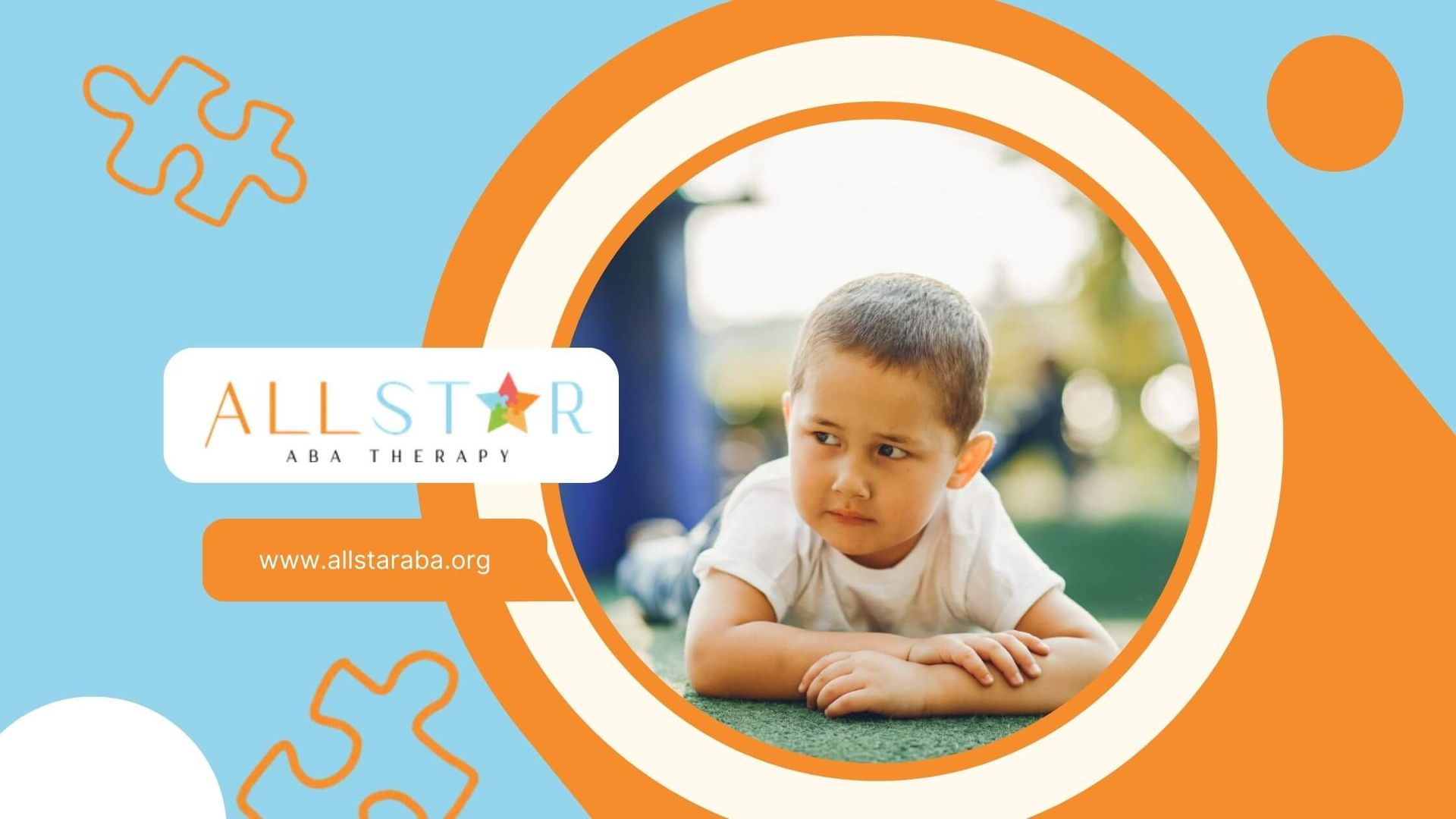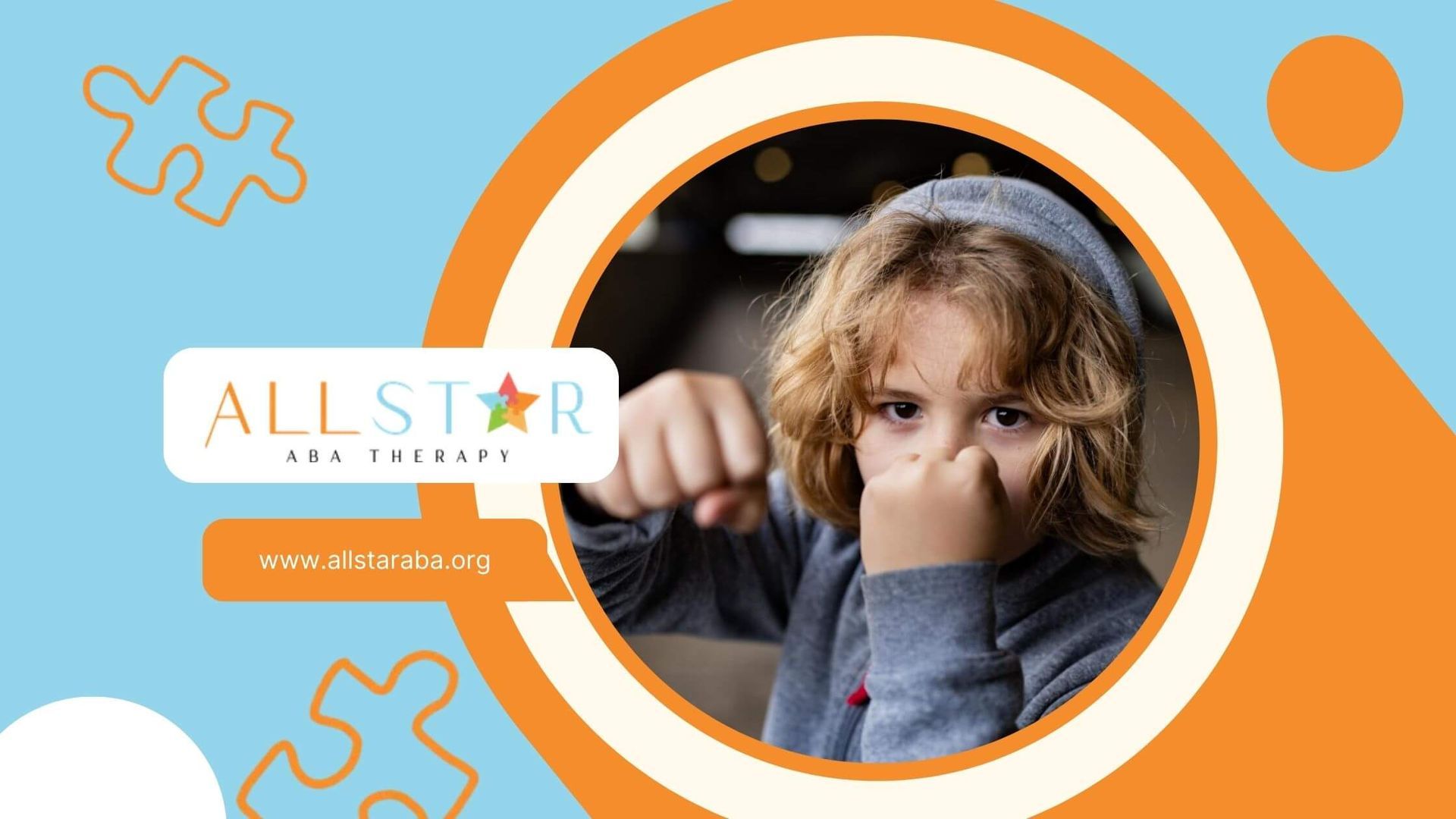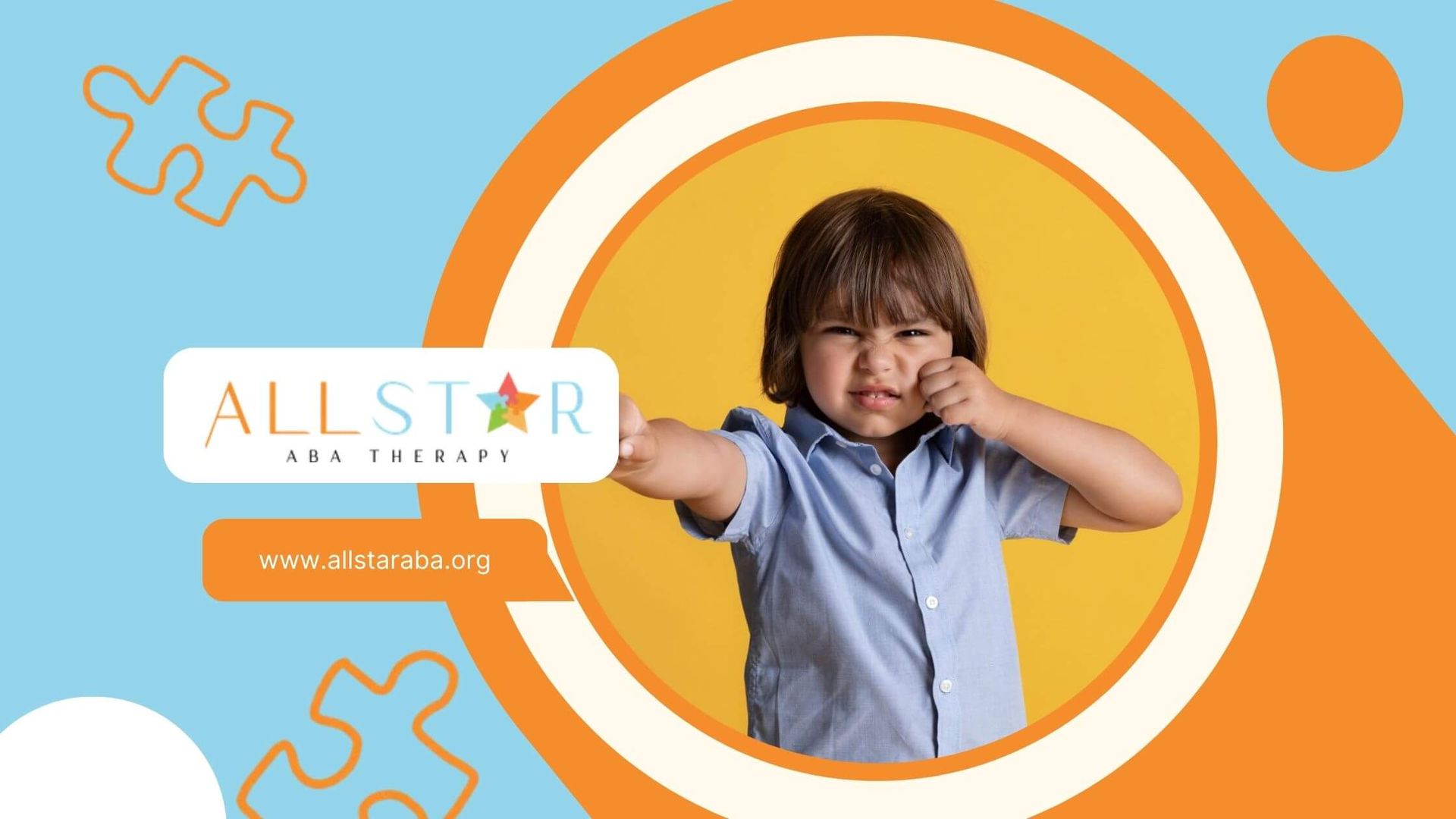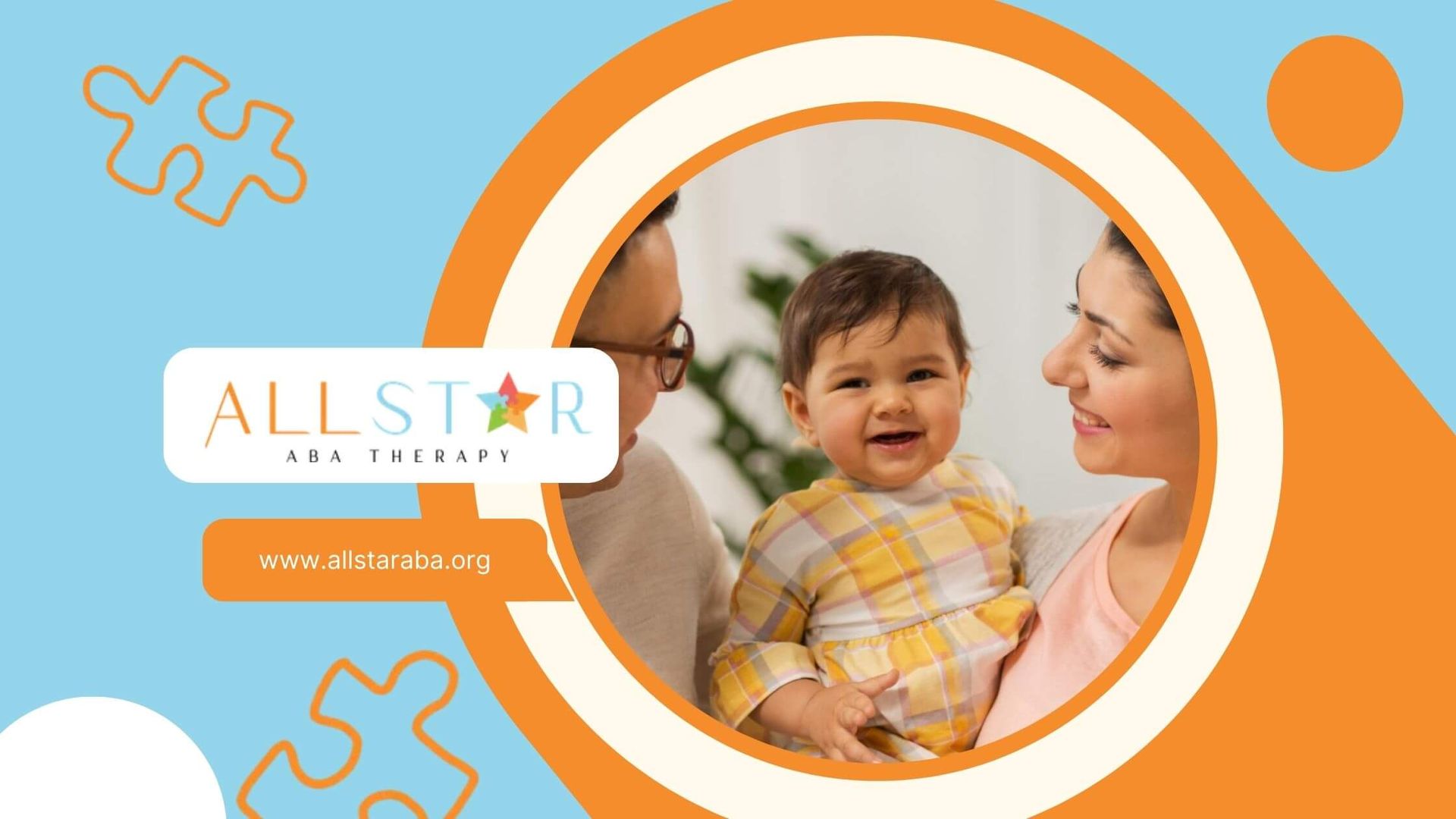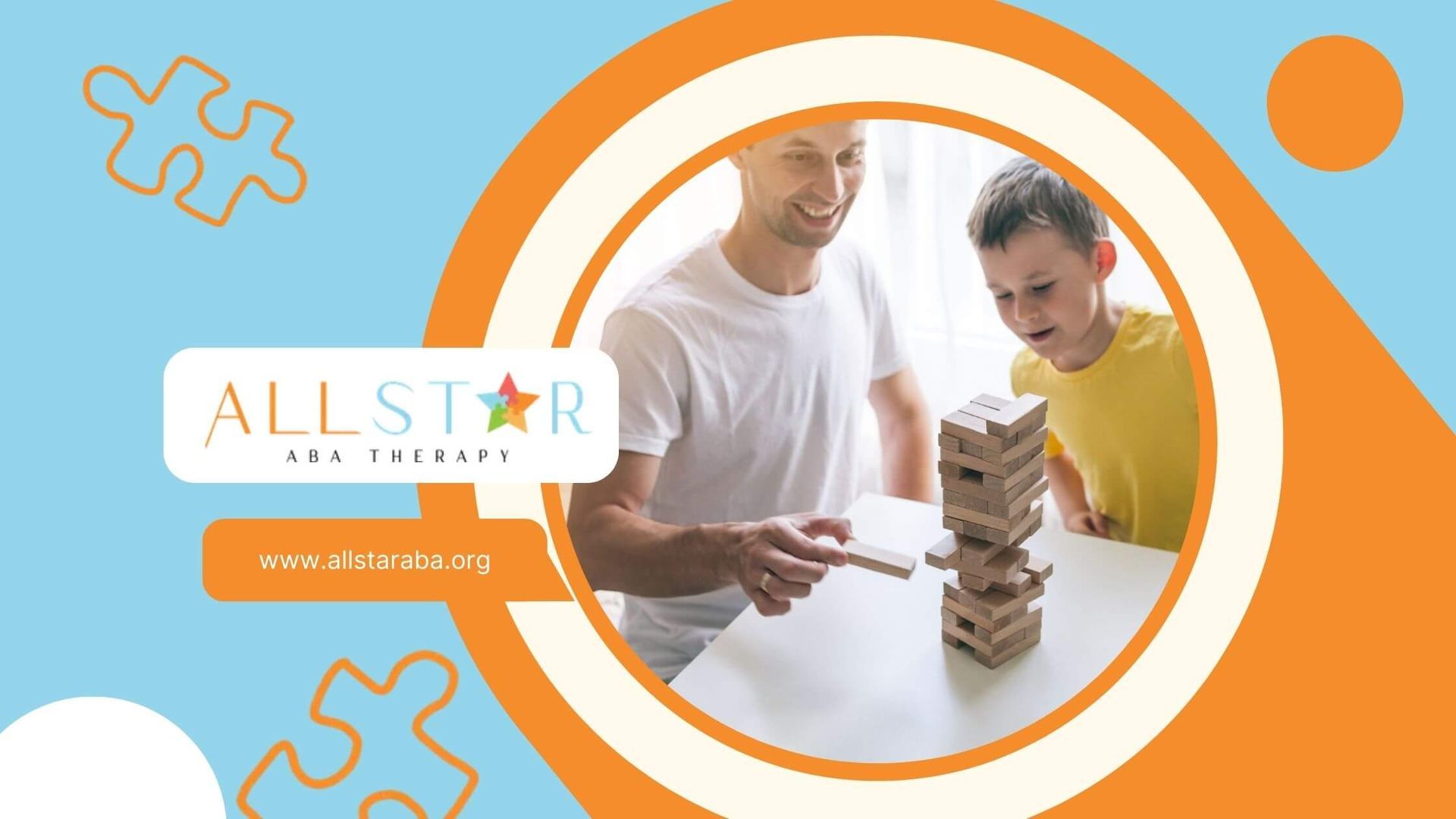New Paragraph
Does ABA Therapy Count as Mental Health Care for Autism?
Key Highlights
- Applied Behavior Analysis (ABA) therapy is frequently used to support children with autism spectrum disorder by targeting behavior change and fostering crucial skills like communication and social interactions.
- While ABA therapy focuses on measurable behavior modification, it overlaps with aspects of mental health services, sparking debates on its classification.
- Differences exist between mental health counseling, which addresses emotional well-being holistically, and behavior therapy like ABA.
- Legal frameworks and healthcare systems in the United States continue to define ABA within the realm of behavioral health.
- Comparisons with therapies like Cognitive Behavioral Therapy (CBT) highlight unique strengths in addressing developmental and mental health issues.
- The integration of ABA therapy alongside other interventions often enhances the quality of life for individuals and families dealing with autism spectrum disorder.
If you’re a parent of a child with autism spectrum disorder (ASD), you’ve probably encountered questions about the types of therapy that best support your child’s needs.
One question that often comes up is whether ABA therapy is considered part of mental health services. In this post, we’ll explore the distinction between these two fields and how they work together to support children with ASD.
I remember working with a young girl who was extremely anxious about social situations. While in-home ABA therapy helped her learn essential social skills, it was her work with a mental health therapist that gave her the tools to manage her anxiety.
This is a great example of how both types of therapy can work together for the best outcome.
What Are Mental Health Services for Autism?
Mental health services typically focus on emotional well-being, helping individuals cope with feelings, thoughts, and relationships.
For children with autism, mental health care may address emotional and social difficulties, like anxiety or depression, which are often co-occurring with ASD.
These services can include counseling, therapy, and psychiatric care that focus on emotional healing and mental stability. However, autism is not primarily about emotional struggles—it’s a developmental disorder that affects communication, social interactions, and behavior.
For this reason, ABA therapy is considered a part of behavioral health, not just mental health. Through a structured, data-driven approach, ABA targets behaviors—like improving communication or reducing challenging behaviors—rather than focusing exclusively on emotions.
ABA and Emotional Growth
As an ABA therapist, I’ve worked with children who not only needed behavioral support but also had challenges in emotional regulation.
While ABA is designed to change observable behaviors, it often overlaps with emotional support. For example, teaching a child how to ask for help when they’re frustrated not only addresses their behavior but also helps manage emotions in a constructive way.
What Constitutes Mental Health Treatment?
Mental health treatment typically involves therapy or counseling to address underlying emotional or psychological issues. This could involve addressing anxiety, depression, or trauma through talk therapy or techniques like Cognitive Behavioral Therapy (CBT).
The goal is to improve emotional well-being and teach individuals how to manage their thoughts, feelings, and reactions to life’s challenges.
Mental Health Care in ASD:
For children with autism, mental health treatment may focus on managing anxiety or depressive symptoms. However, these treatments are often used in tandem with ABA therapy.
I’ve worked with families in home-based and center-based ABA therapy who have seen great success when combining ABA itself with mental health therapy, like CBT.
While ABA works on reducing behaviors like aggression or noncompliance, mental health therapy can help children cope with the emotional challenges of navigating the world with ASD.
Behavioral Health vs. Mental Health: Key Differences
Behavioral health and mental health are both important, but they focus on different aspects of a person’s well-being. Here’s a breakdown:
- Behavioral Health: Primarily focuses on changing behaviors and habits, often through reinforcement strategies. ABA therapy is a prime example, as it uses data-driven techniques to modify behaviors and build essential skills.
- Mental Health Counseling: This focuses on emotional well-being and mental processes. Therapies like psychotherapy or CBT aim to understand and heal underlying emotional struggles by addressing thoughts, feelings, and behaviors in a more holistic way.
ABA in the Context of Behavioral Health
When I work with children using ABA, we set clear, measurable goals. For example, we might work on a child learning how to greet others appropriately or how to stay calm in stressful situations.
This is different from mental health counseling, which might focus more on how a child feels when they’re in those situations.
Is ABA Considered a Mental Health Service?
The classification of ABA therapy remains a topic of debate. While ABA is often seen as a tool for modifying behavior, it shares some common ground with mental health services because it addresses the needs of children with autism.
Many of these children face mental health challenges like anxiety or difficulty managing emotions. However, ABA is not the same as traditional therapy.
Legal and Clinical Perspectives:
In the United States, ABA therapy is often categorized under behavioral health, rather than mental health, by both insurance companies and healthcare providers. This distinction can influence how services are covered by insurance and how therapy is structured within healthcare systems.
From a legal standpoint, ABA therapy is often governed by the Behavior Analyst Certification Board (BACB), and certified ABA therapists (BCBAs) are specifically trained to modify behavior based on data and evidence-based methods.
While this is different from the approach taken by mental health professionals, there’s often a collaboration between BCBAs and psychologists to ensure that children receive comprehensive care.
How Insurance and Healthcare Systems Classify ABA
Insurance companies typically categorize AA therapy under behavioral health, not mental health. This distinction impacts coverage, eligibility, and costs. For families, this means that ABA therapy is often covered for children with autism or other developmental disorders.
| Aspect | Behavioral Health | Mental Health |
|---|---|---|
| ABA Therapy | Usually covered under behavioral health for autism | Not covered unless there’s a co-occurring mental health condition |
| Other Services | Often covered for developmental issues | Typically not covered unless the child has mental health struggles like anxiety |
Families should always check their insurance policy closely to understand how ABA therapy is covered and whether it’s categorized under behavioral or mental health.
ABA vs. Other Mental Health Therapies
ABA therapy and traditional mental health therapies, like CBT, serve different purposes. While ABA focuses on modifying observable behaviors, mental health therapies like CBT target thought patterns and emotional responses.
ABA vs. CBT
ABA therapy has proven effective in addressing developmental challenges like communication and social interaction. However, CBT works to shift negative thought patterns and help children with autism build coping skills for anxiety or depression.
In my experience, the best results often come from using both therapies. For example, a child may use ABA to learn how to initiate a conversation with a peer, while CBT can help them manage the anxiety they might feel in social situations.
Conclusion
In summary, ABA therapy plays a crucial role in supporting children with autism spectrum disorder. While it doesn’t fit neatly into the category of mental health services, it overlaps with many mental health needs, particularly when it comes to building skills and managing challenging behaviors.
Whether it’s working on communication, social skills, or anxiety reduction, ABA therapy can enhance overall well-being. It’s essential to understand that ABA can work alongside other mental health therapies, offering a comprehensive approach to care for children with autism.
At All Star ABA, we understand how challenging it can be to find the right therapy for your child. If you’re interested in learning more about how ABA therapy can support your child’s development and emotional well-being, we’re here to help.
Our expert team of certified professionals provides personalized, evidence-based ABA therapy services tailored to each child's unique needs.
If you’d like to learn more or schedule a consultation, feel free to reach out to All Star ABA. Let us help you and your family make the best decisions for your child's future!
Frequently Asked Questions
Is ABA therapy covered under mental health insurance in the U.S.?
Coverage can change based on your insurance plan. A lot of companies list ABA therapy in the behavioral health part of their plan. They may cover it for kids with autism or other developmental needs. Some plans put both behavioral health and mental health together in one section. So, parents need to check what is in their policy. This will help them know what is covered for their child.
Can ABA therapists be considered mental health professionals?
ABA therapists, like Board Certified Behavior Analysts (BCBAs), are not mental health professionals. They work on behavior modification. To become mental health counselors, they need to have additional training and other certificates.
What are the main differences between ABA and psychotherapy for autism?
Psychotherapy helps people talk about feelings and thoughts. It is often used to look at mental health problems like anxiety. On the other hand, ABA works with what you can see people do. It uses behavior modification to help with things like late talking in kids. These two ways fit different, but sometimes similar, needs when it comes to autism treatments. They also can work together to help people in their own way.
Need Support?
We're Here to Help!
Our experienced team is ready to assist you. Reach out today to discuss how we can support your child's development and well-being.
Get started with expert ABA therapy today.



